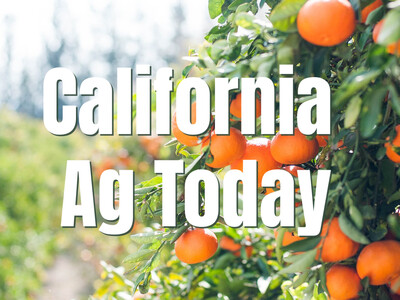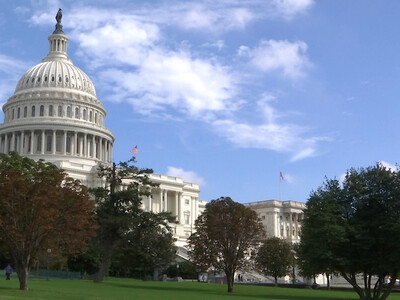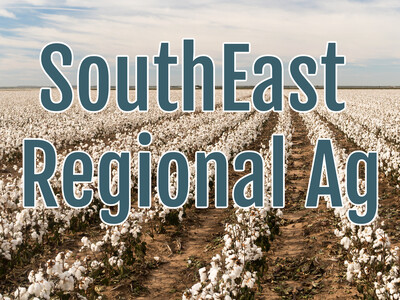9-23 NWR Neonicotinoids Lawsuit
This is your Northwest report for Friday, September 23, I'm David Sparks and on the minds of everybody in agriculture should be neo-nicotinoids. Specifically, should seeds coated with neo-nicotinoids be regulated as pesticides under the Federal Insecticide, Fungicide, and Rodenticide Act (FIFRA)?The answer to that question, which is at the heart of a lawsuit in federal court in San Francisco, could have huge implications for farmers, who plant neonic-coated seeds on about 142 million acres annually, according to the Environmental Protection Agency. What do neo-nicotinoids do? Listen to the words of Bill Ahaus of the Idaho Honey Industry Association: "What they're finding is that there are very high levels of these neonicotinoids that are in the bee's wax. They're absorbed into the bee's wax and what happens is that non-toxic chemical builds up in the hive to the point where the concentration is high enough to actually, if not kill them outright, at least weaken their immune systems so they fall pray to viruses."
On one side of the dispute are the plaintiffs - individual beekeepers, the Pollinator Stewardship Council, American Bird Conservancy, Center for Food Safety and Pesticide Action North America. On the other side are the Environmental Protection Agency and industry groups that have entered the case as intervenors, including CropLife America and associations representing seed manufacturers, ag retailers, and corn, soybean, cotton and wheat growers.
The parties filed briefs last week summarizing their arguments for U.S. District Judge William H. Alsup, who has scheduled a hearing for Oct. 27.
At issue is an EPA guidance issued in 2013 for evaluating alleged cases of pesticide-related bee deaths and other incidents. The guidance said that planting neonic-coated seeds is not considered a "pesticide use." Instead, EPA said the seeds can be considered "treated articles" that are exempt from FIFRA regulation.
On another topic, farmers face several deadlines this time of year as they harvest crops and look ahead to next year. A key deadline to keep in mind during the rush of harvest is September 30, the deadline to modify existing crop insurance policies or buy a new policy.















